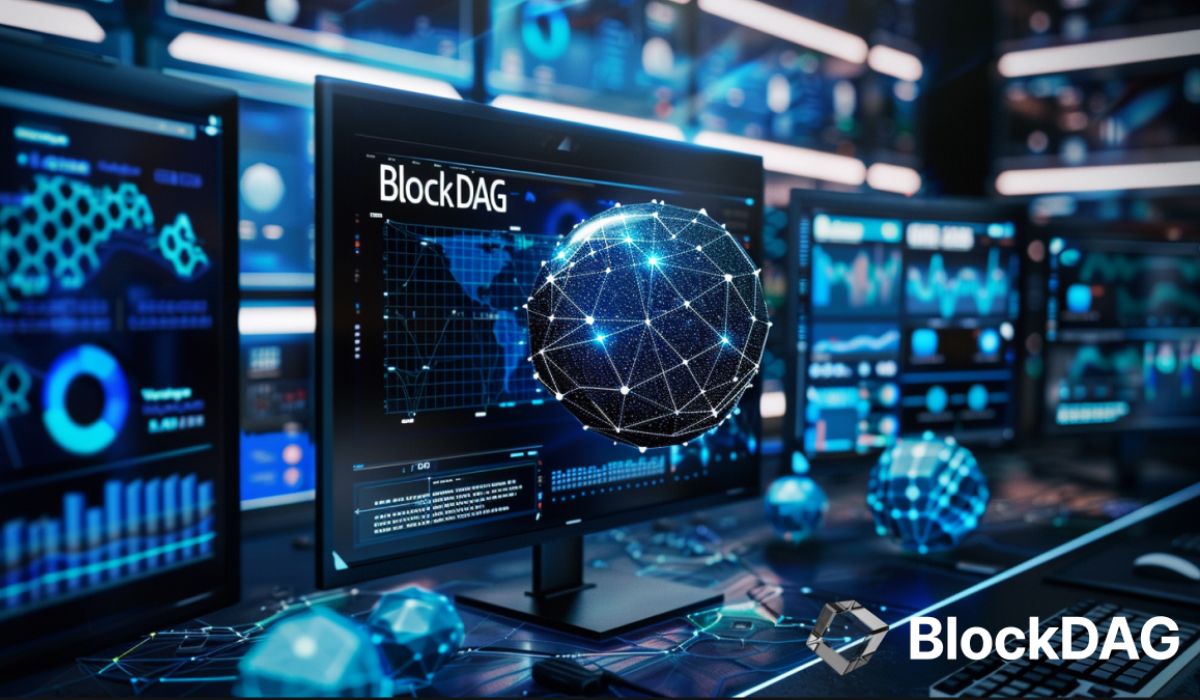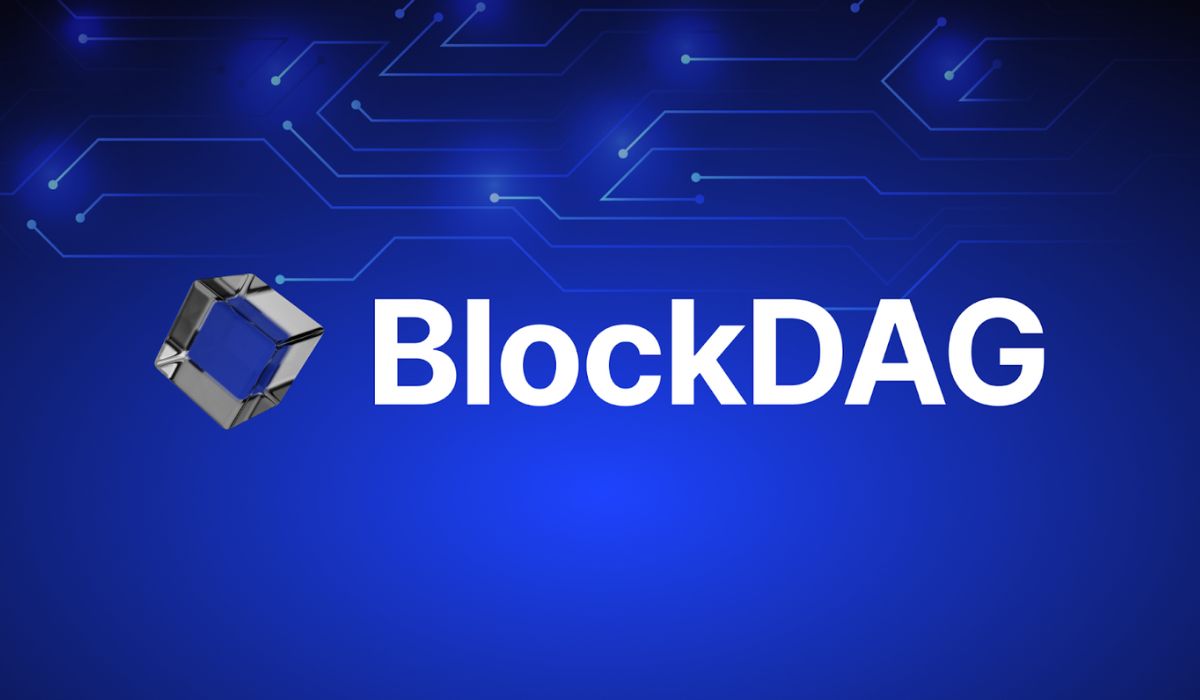2024-11-18 21:00 |
The blockchain industry is becoming increasingly competitive, with projects aiming to enhance transaction speeds, lower fees, and improve scalability. Litecoin and BlockDAG (BDAG) are at the forefront, each offering distinct solutions to these challenges. While Litecoin has been a staple since its inception, BlockDAG is making waves with its rapid transaction capabilities and streamlined architecture. This analysis delves into how BlockDAG’s features in scalability, speed, and cost efficiency outshine those of Litecoin.
Introduced in 2011 by Charlie Lee, Litecoin was designed as a quicker alternative to Bitcoin. It relies on the Proof-of-Work (PoW) consensus and the Scrypt hashing algorithm, simplifying mining and hastening block creation. Litecoin forms a new block every 2.5 minutes, managing 56 transactions per second (TPS), which is more efficient than Bitcoin yet still faces scalability limits.
Even with reduced block times and transaction fees ranging from $0.02 to $0.05, Litecoin’s linear blockchain framework hampers its capacity expansion. Presently, with a market price of $76.81 for each LTC and a circulating supply of 75.18 million LTC, Litecoin’s market capitalization stands at approximately $5.77 billion. Despite widespread acceptance and integration across various platforms, its scalability is still restricted by its block size and sequential processing.
On the other hand, the BlockDAG Network employs a Directed Acyclic Graph (DAG) structure, which supports the parallel processing of multiple transactions. This innovation boosts throughput capabilities to 10,000 TPS, significantly surpassing Litecoin’s 56 TPS. With BlockDAG, high-volume transaction handling becomes feasible without network delays, resulting in almost instant confirmations, typically within 1-2 seconds, vastly improving on Litecoin’s 2.5-minute block time.
Furthermore, BlockDAG’s system ensures substantially lower transaction costs, almost 97% less expensive than Litecoin. This cost-effectiveness is crucial for frequent transaction applications like digital payments and decentralized platforms, keeping fees low even during peak times.
In terms of network design, BlockDAG offers a more decentralized setup by distributing transaction validations across numerous nodes, which mitigates the centralization risks seen in PoW models. This structural advantage not only enhances scalability but also bolsters security.
BlockDAG’s recent presale, which collected over $122 million, indicates robust enthusiasm for its ability to transcend traditional blockchain limitations. This presale will fuel further network development, forge partnerships, and expedite widespread adoption. BlockDAG’s rising prominence suggests it is well-equipped to meet the needs of sectors requiring fast, efficient transaction processing, such as finance, gaming, and supply chain logistics.
Final ComparisionBlockDAG surpasses Litecoin when it comes to scalability, speed, and cost efficiency. Despite Litecoin’s strong reputation and considerable user base, its scalability constraints and higher transaction fees render it less optimal for high-volume uses. BlockDAG’s sophisticated framework offers a more effective solution for businesses and developers in need of a reliable and scalable infrastructure.
For those valuing swift and economical transaction handling, BlockDAG presents a superior option. It manages thousands of transactions per second at very low fees, delivering near-instant confirmations and establishing itself as a robust competitor in the blockchain field. With the rising demand for scalable blockchain technologies, BlockDAG is aptly equipped to address these evolving needs.
Closing StatementIn closing, while Litecoin is dependable and established, it falls short of BlockDAG’s impressive parallel processing performance. BlockDAG’s dedication to scalability and efficiency provides it a notable advantage, particularly beneficial for initiatives demanding rapid and affordable transaction processing.
As the blockchain domain progresses, BlockDAG’s modern approach is poised to redefine expectations for digital transaction platforms, shaping the future of how businesses and users transact digitally.
Website | Presale | Telegram | Discord
DISCLAIMER: CAPTAINALTCOIN DOES NOT ENDORSE INVESTING IN ANY PROJECT MENTIONED IN SPONSORED ARTICLES. EXERCISE CAUTION AND DO THOROUGH RESEARCH BEFORE INVESTING YOUR MONEY. CaptainAltcoin takes no responsibility for its accuracy or quality. This content was not written by CaptainAltcoin’s team. We strongly advise readers to do their own thorough research before interacting with any featured companies. The information provided is not financial or legal advice. Neither CaptainAltcoin nor any third party recommends buying or selling any financial products. Investing in crypto assets is high-risk; consider the potential for loss. Any investment decisions made based on this content are at the sole risk of the readCaptainAltcoin is not liable for any damages or losses from using or relying on this content.
The post Litecoin vs. BlockDAG: Which Blockchain Network Is More Trustworthy? appeared first on CaptainAltcoin.
origin »Bitcoin price in Telegram @btc_price_every_hour
Litecoin (LTC) íà Currencies.ru
|
|






